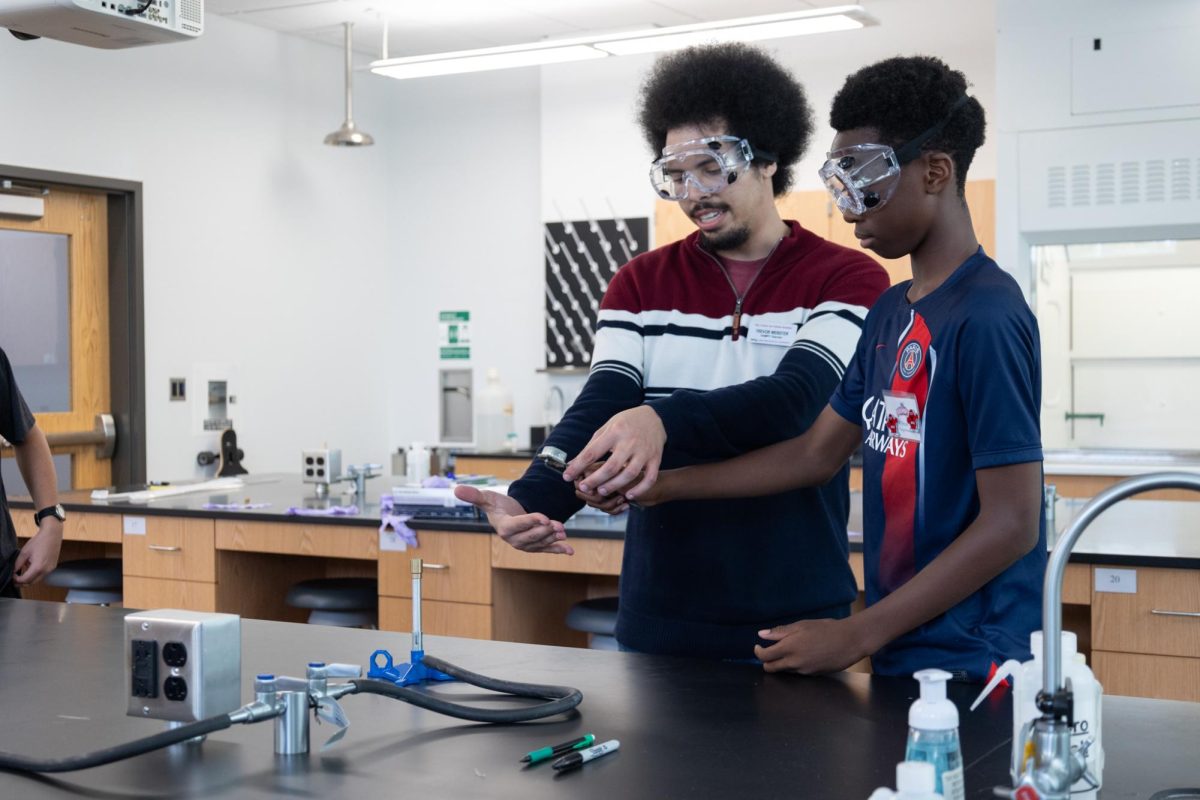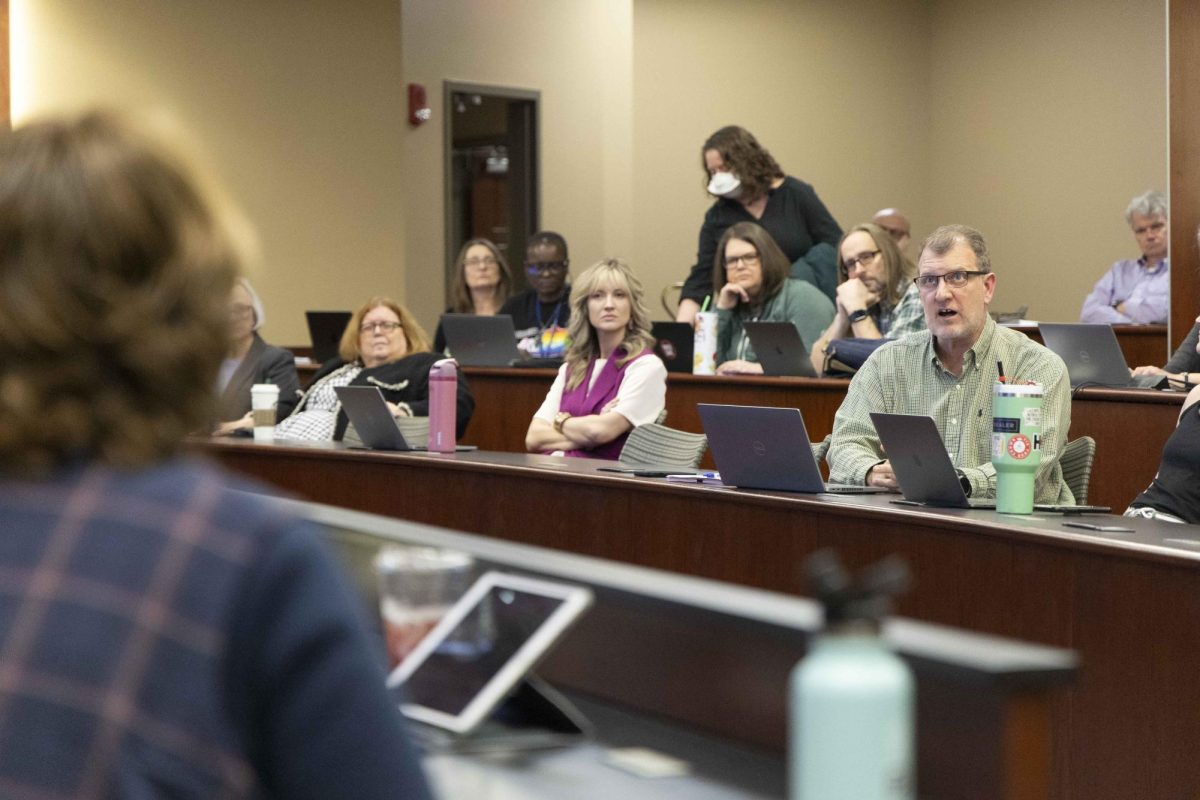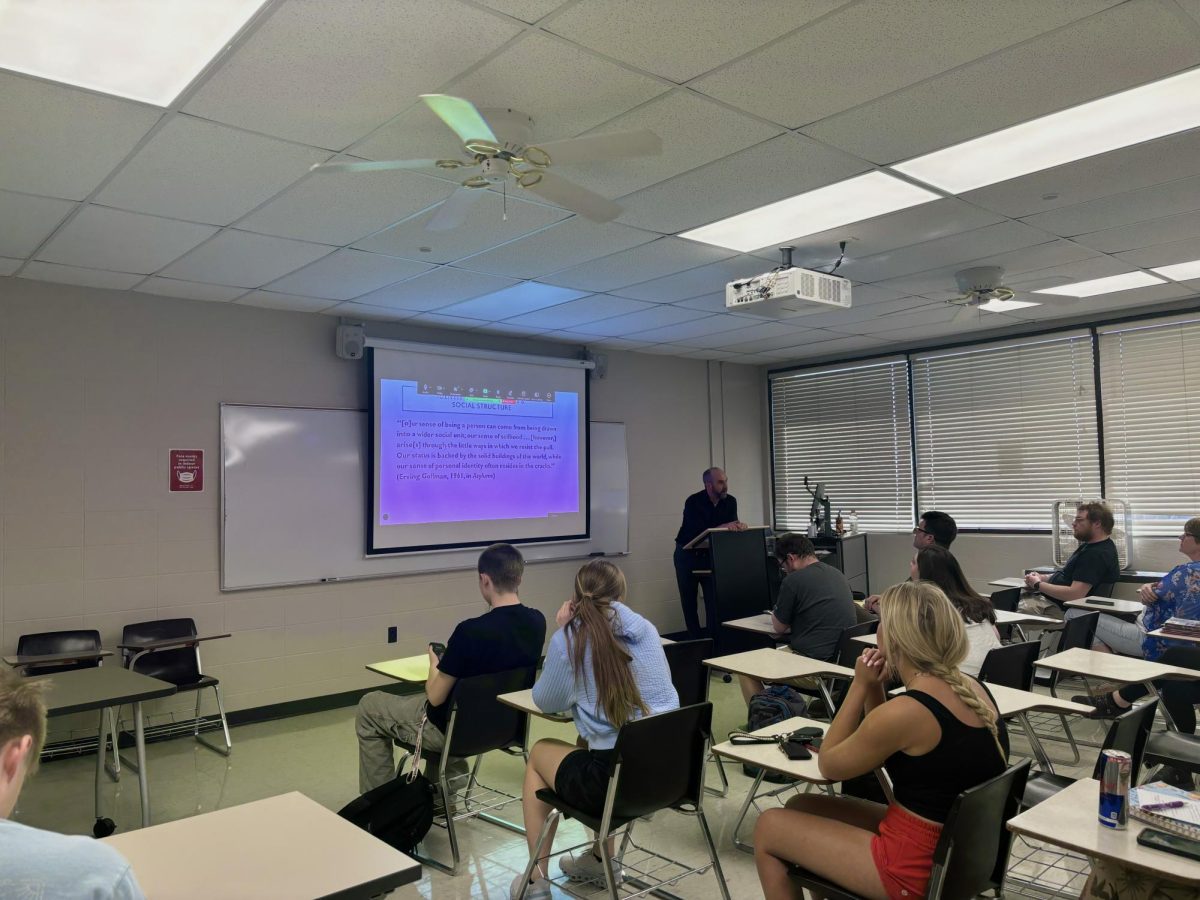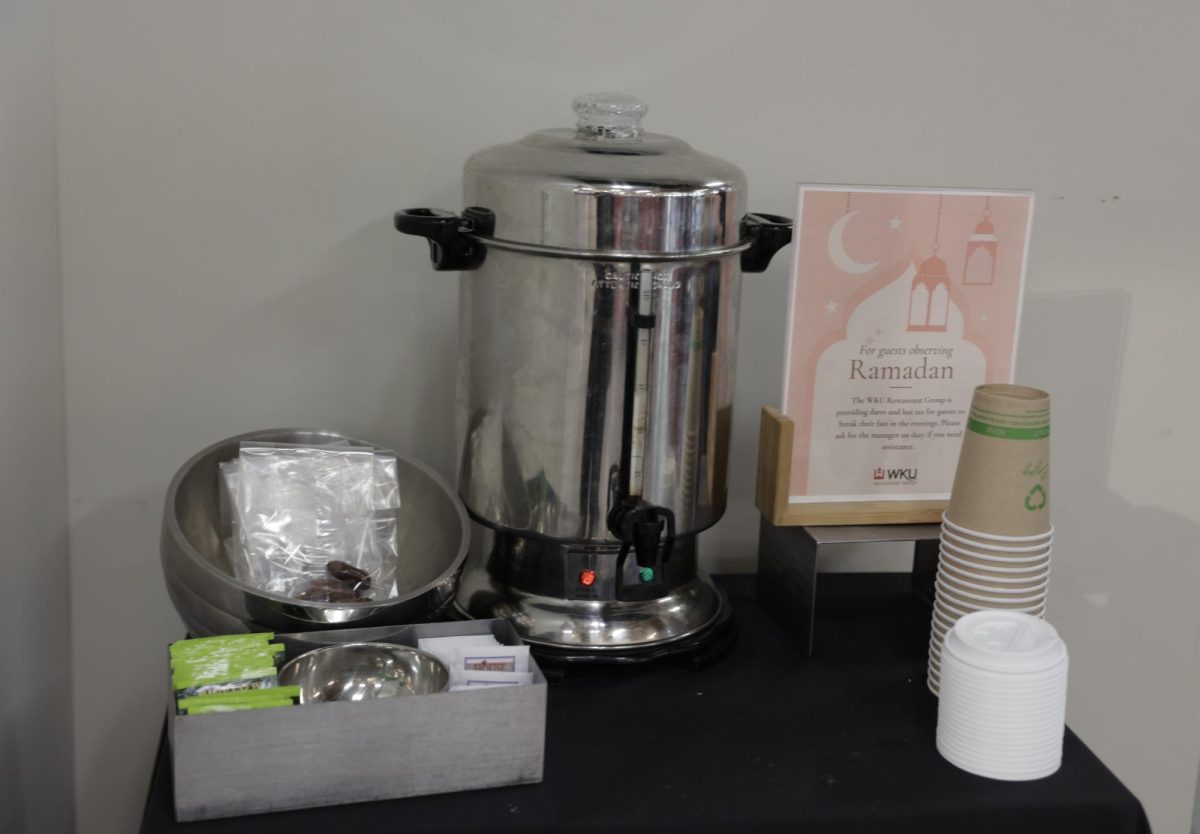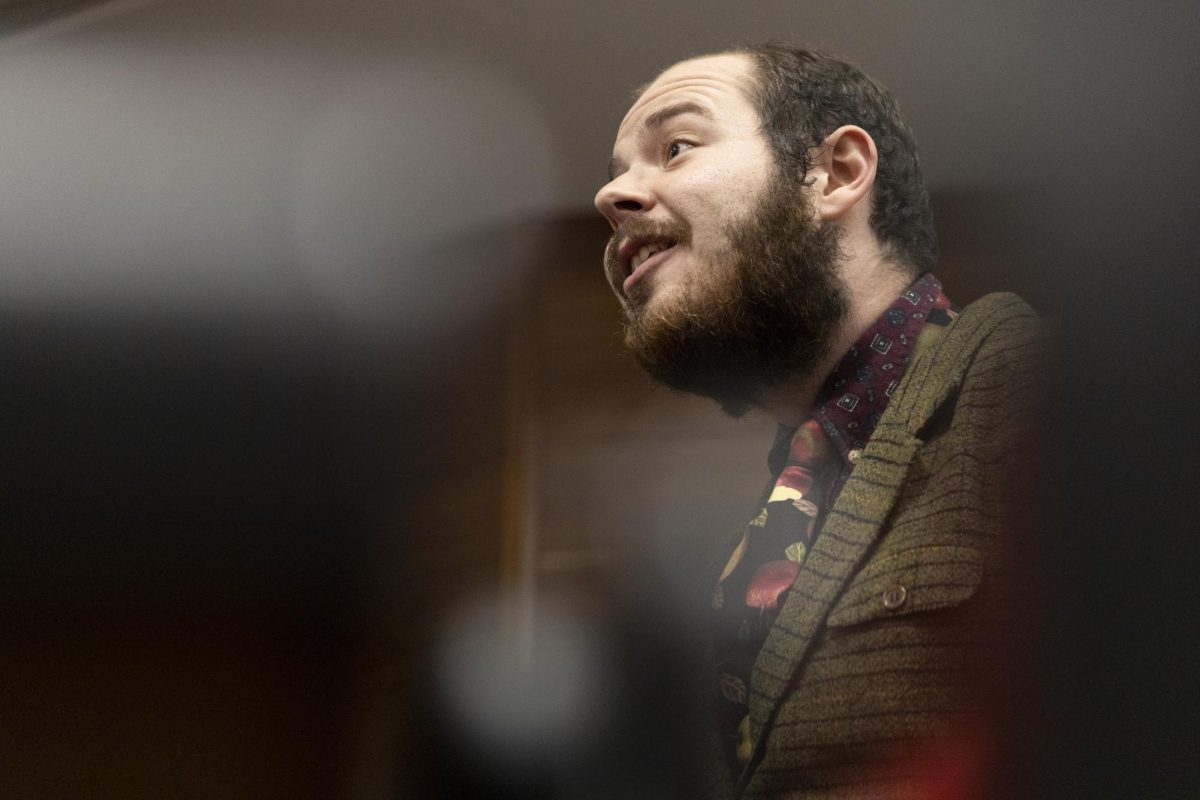Whether it’s putting Hitler on trial or role-playing as presidents to debate one another, middle and high school students are developing skills for their future while they spend three weeks living and taking classes at WKU.
Since 1984, The WKU Center for Gifted Studies has hosted a summer program for Verbally and Mathematically Precocious Youth (VAMPY). The program started as a partnership with the Duke Talent Identification Program, but it is now no longer involved. VAMPY assembles some of the brightest students that have finished grades seven to 10 for a three-week residential program on WKU’s campus.
Students study one topic six hours a day in class, and then they have one hour of study hall every night, said Julia Roberts, the executive director of WKU’s Center for Gifted Studies. When they aren’t in classes, counselors prepare fun events that allow students to get to know each other.
The program, which celebrates its 40th anniversary this summer, builds classes around a “minds-on, hands-on” approach, Roberts said.
Roberts shared a story a student told her about his time at his high school.
“He said, ‘School for me, it’s so easy.’” Roberts said. “He said, ‘I sleep half the time and get in the 90th percentile.’ If that’s your experience, and it is for quite a few folks, then being challenged to learn helps you get ready for college.”
Roberts said that hands-on work rather than just being purely online in the classroom, is crucial for student learning.
“We need a mix of things,” Roberts said, “We need minds-on (approaches). What will engage you in thinking?”
The program consists of 10 courses: astronomy, chemistry, DNA and genetics, mathematics, Nazi Germany and the Holocaust, physics, presidential politics, problems you’ve never solved before, psychology and writing.
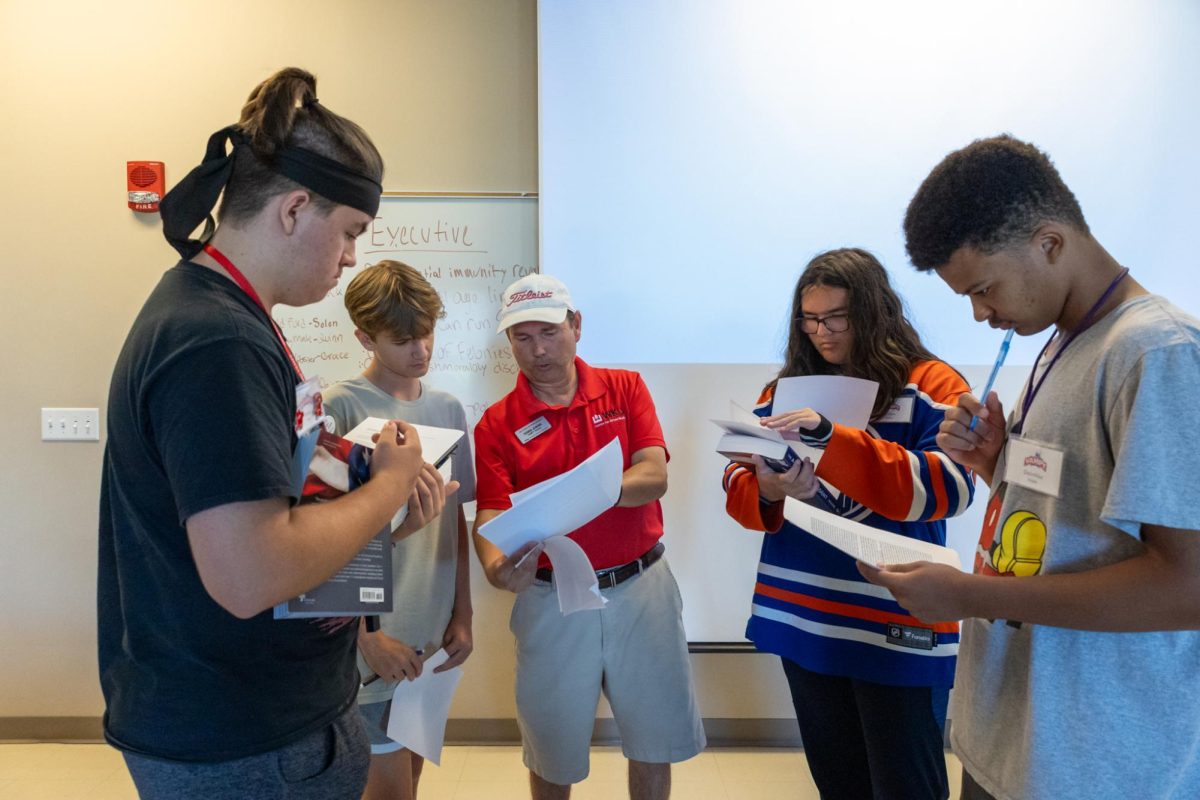
In the presidential politics class, students study presidents from John F. Kennedy to present day, including this year’s election, said Dennis Jenkins, the teacher of the course.
The class looks at one president or term a day and examines the campaigns, congressional acts, prominent issues and debates of that time.
“We do a lot of role-playing, a lot of debates,” Jenkins said. “We’ll reenact a court case that got involved or that was part of that person’s presidency, where students will kind of rotate taking on the role of a prosecutor or a defense attorney or even sitting on the Supreme Court.”
The class is structured to provide students with not just guided note taking but also a variety of hands-on activities that will translate into their future, Jenkins said.
“I try to give them multiple opportunities to really expand their critical and their analytical thinking about a variety of topics dealing with presidential politics,” Jenkins said.
Jenkins, who taught history in the public school system for almost 30 years, has been involved with VAMPY since 1991, first as a residential counselor for six years, then as a head counselor, and finally as a teacher for the last 20 years.
“What got me into VAMPY was my dad,” Jenkins said. “He was the physics teacher at VAMPY, and I saw how much enjoyment he got out of it. He kept telling me about this camp.”
After becoming a residential counselor in 1991, Jenkins said he saw the impact the program had on people’s lives.
“For a lot of these kids, this is three of the most special weeks of their entire year,” Jenkins said. “They look forward to this, and some of these kids come back year after year until they age out.”
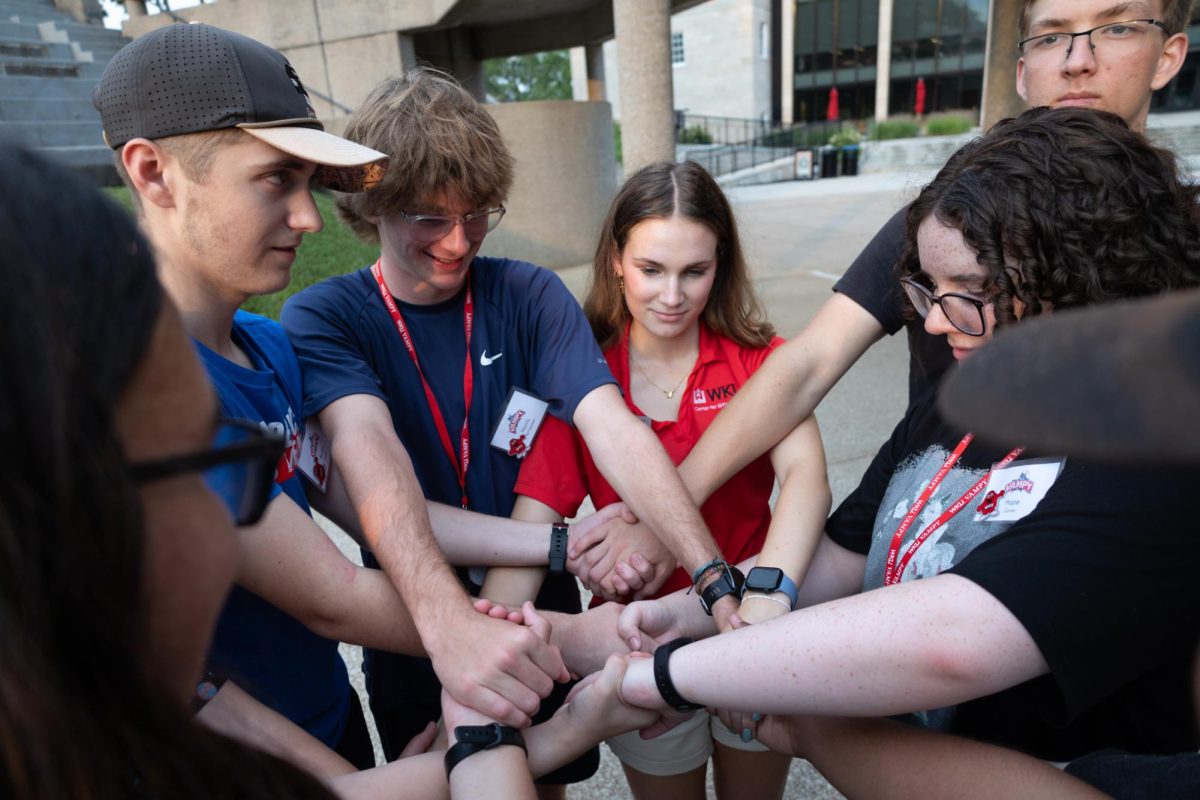
This summer, VAMPY is hosting 85 students, which is smaller than the average of 130 that normally attend, Roberts said. A reason for the reduction, she said, is because the COVID-19 pandemic led to the ACT not being offered to younger students — which is a determining factor for attending VAMPY. Students that are accepted into the program must have earned a specified ACT or SAT score.
“We’re looking for kids who are ready to learn at high levels,” Roberts said. “You don’t want to put anyone in a situation where you don’t think they’ll be successful. And that’s kind of the gauge that says, ‘If you have a math score here, you’ll be likely successful in doing the science classes or the math classes.’”
Even though the pandemic changed the way tests would be given to younger students, WKU has started a “talent search” that offers the ACT to students beginning in seventh grade. These efforts, Roberts said, are leading to a comeback for VAMPY.
Another key aspect of the program is its residential structure that puts students in situations to learn and experience new ideas from their peers, Roberts said.
“I think it is important that you’re meeting people who may have different ideas than you do,” she said.
Students learn to realize that other young people have differing beliefs, Roberts said. The program gives them opportunities to learn how to handle different perspectives.
Jenkins also reflected on the need for students to engage with those of separate mindsets.
“They’re getting exposed to a lot of material very quickly and learning how to interact with people from all backgrounds,” Jenkins said.
In his presidential politics class, Jenkins said that students are faced with a lot of sensitive issues from the different presidential elections.
“They have to learn how to be mindful of their own opinions but understand why somebody else may have a different opinion,” Jenkins said.
He said students have to learn how to think on their feet analytically and critically.
News reporter Cameron Shaw can be reached at cameron.shaw555@topper.wku.edu.



